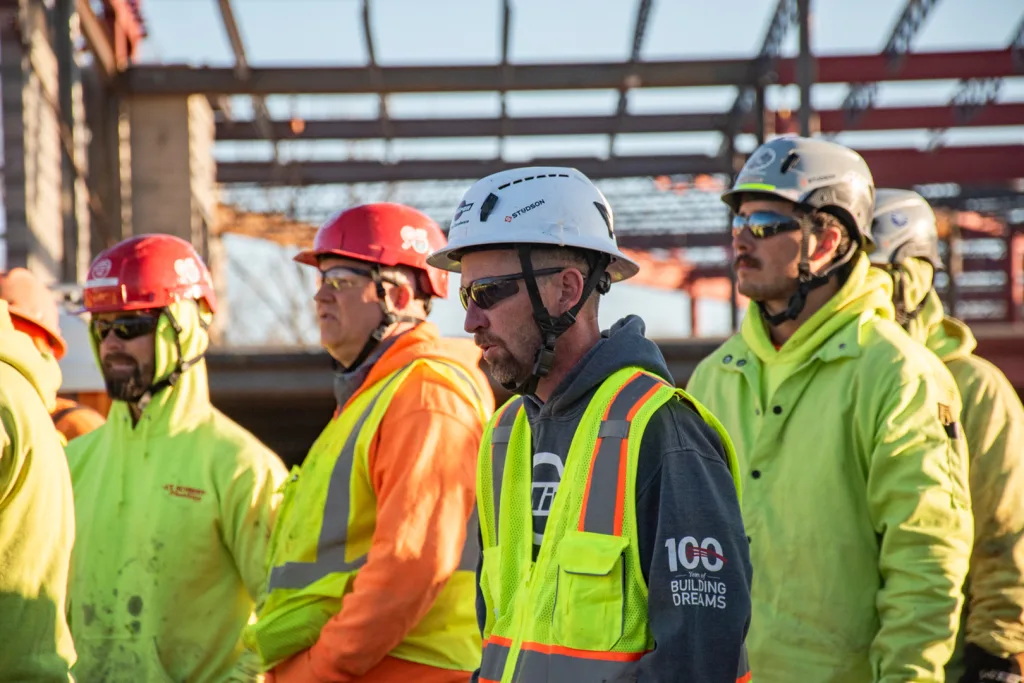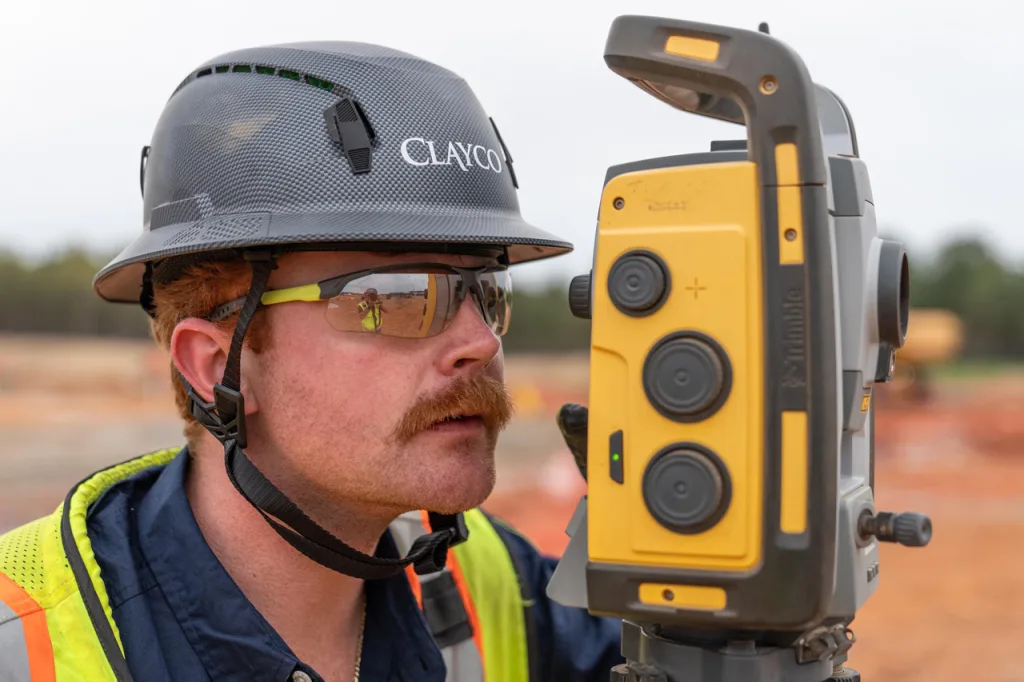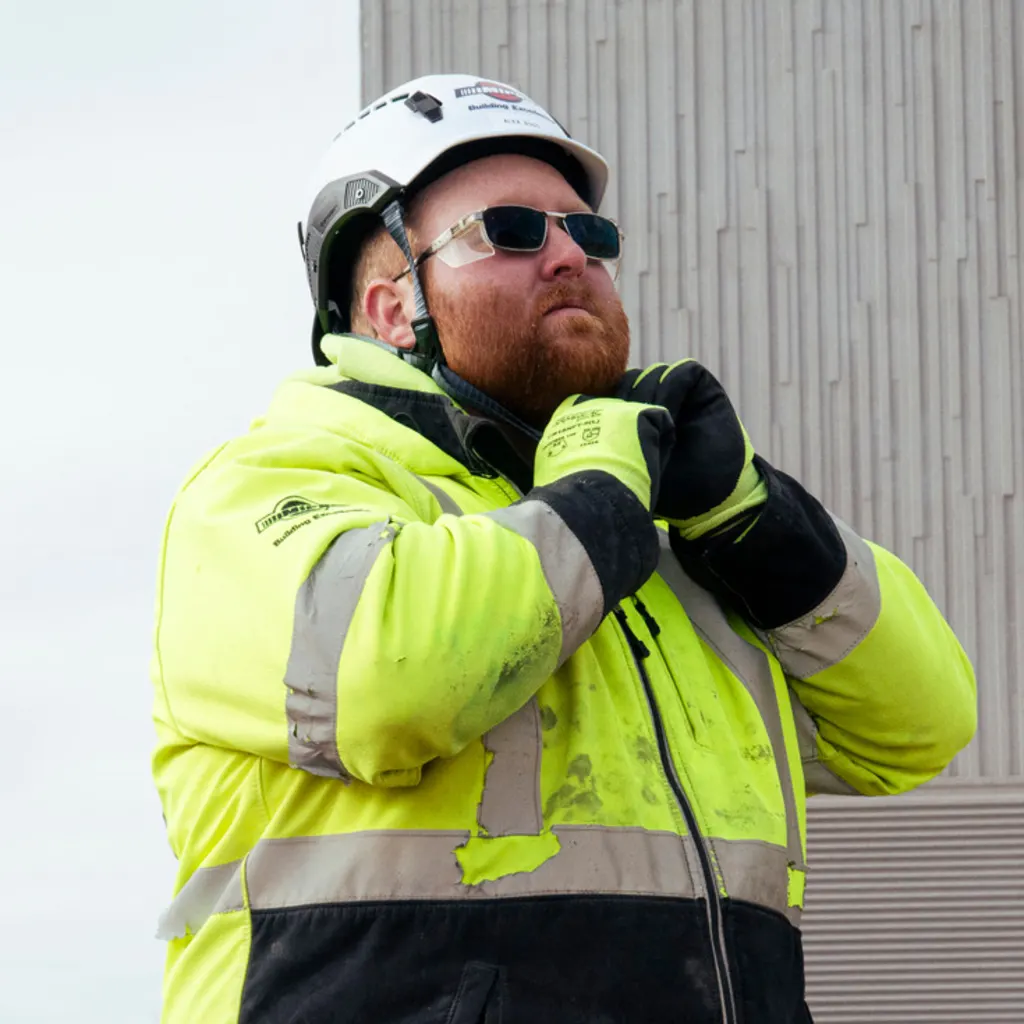When Studson, a Portland, Oregon-based startup, began selling a new kind of construction helmet in 2021, making a safer, cooler hard hat was a priority. In an era of climate change, heat has become the number-one cause of weather-related deaths globally for those who work outdoors.
But there’s also a significant desire for safety gear that actually looks cool. According to Studson founder Ryan Barnes, worker surveys have found that while safety is key for those working in factories and construction sites, it’s still just the fifth-most important feature they’re seeking in their everyday gear. The top demand? Functional helmets that look good.
Call it the athleisure-ization of personal protective equipment (PPE). The $3.6 billion industry behind the hard hats and safety gear used on construction sites and in industrial facilities hasn’t changed for decades. Big names such as Milwaukee and Uline dominate the market. Yet the standard yellow plastic helmet tends to be uncomfortable to wear, boring to look at, and unaffected by changes in technology and taste, Barnes says. No wonder it’s nicknamed the “skull bucket.”
Studson seeks to change that—and attract the attention of a younger generation of workers—with better technology, design, and wearability.
“There are lots of big heads and big guys in the construction field,” says Barnes, noting that the firm’s protective helmets are specifically designed to accommodate everyone in the industry, men and women alike.

A former sales and marketing manager with Poc Helmets, which makes road-cycling gear, Barnes came up with the idea for the Studson in 2019 after talking with a general contractor and discovering how unhappy that person was with the PPE he was using. Barnes wondered why the helmet technology used for biking and winter sports hadn’t translated over to the construction industry, and decided to do it himself.
“You’d see skiers wear their helmets for hours on the slopes, and when they came inside to have a drink, they’d still have their helmets on because they were so comfortable,” he says.
Since launching, Studson has sold roughly 250,000 helmets and continues to grow, currently on pace to sell 300,000 this year alone.
Studson’s two helmet models represent a more streamlined take on the typical hard hat, with grooves and gaps for increased airflow. They utilize a technology called Koroyd, the same used by cycling companies and brands like UppaBaby, which makes children’s strollers and car seats. A series of thin plastic polymer tubes form a barrier between the helmet’s outer shell and the inner lining that touches a wearer’s head. During an accident or impact, the tubes rapidly collapse, dispersing the force and minimizing impact. Think of it like the crumple zones in cars that absorb the impact of a collision.

In comparison, standard hard hats utilize a suspension system, with the outer shell floating above the skull and separated by a plastic ring and fabric straps. Impact just gets redirected and dissipated across the entire suspension system.

The tubes in the Koroyd system also help cool wearers by dramatically increasing airflow; traditional hard hats simply trap a lot of heat inside the hard outer shell. Research from Koroyd claims industrial helmets with this material reduce heat stress by 8 degrees Fahrenheit.
Studson helmets also lean into a more technical design, Barnes says, with rails on the sides that can accommodate clip-on ear protection and visors, as well as embedded NFC chips, on which users can store personal medical information for first responders in case of an emergency or injury.
Large construction companies have made worker safety and better heat protection a priority in recent years. Todd Friis, senior vice president of risk management for Clayco, a large multinational design-build and construction firm, might have 20,000 contractors in the field on any given day across varied projects, such as the Obama Presidential Library. The firm has been using Studson hats exclusively since March, part of its initiatives around worker safety and reducing heat stress. These helmets—along with on-site cooling stations, educational campaigns, and even shaved-ice trucks on job sites—contribute to a more comfortable, safe, and cool workforce.
“Studson’s technology is much more helpful for what we do,” Friis says. “It’s almost comical looking at the generic suspension helmets, how outdated they are.”
Studson helmets, which retail for $140, are a premium product, priced on the high end in a category that typically sells for $90 to $120 (employers generally provide this gear to their workers). They’re very functional products, but don’t underestimate the desire for construction workers, like any worker, to have a little style and flair.
“I think the trades are becoming cooler,” Barnes says, noting the growing market for more advanced, stylish gear. To that end, there are plans for Studson to release knee protection, gloves, and bump caps (baseball-style caps that workers, like baggage loaders at airports, wear to protect against minor injuries) in the coming years.
